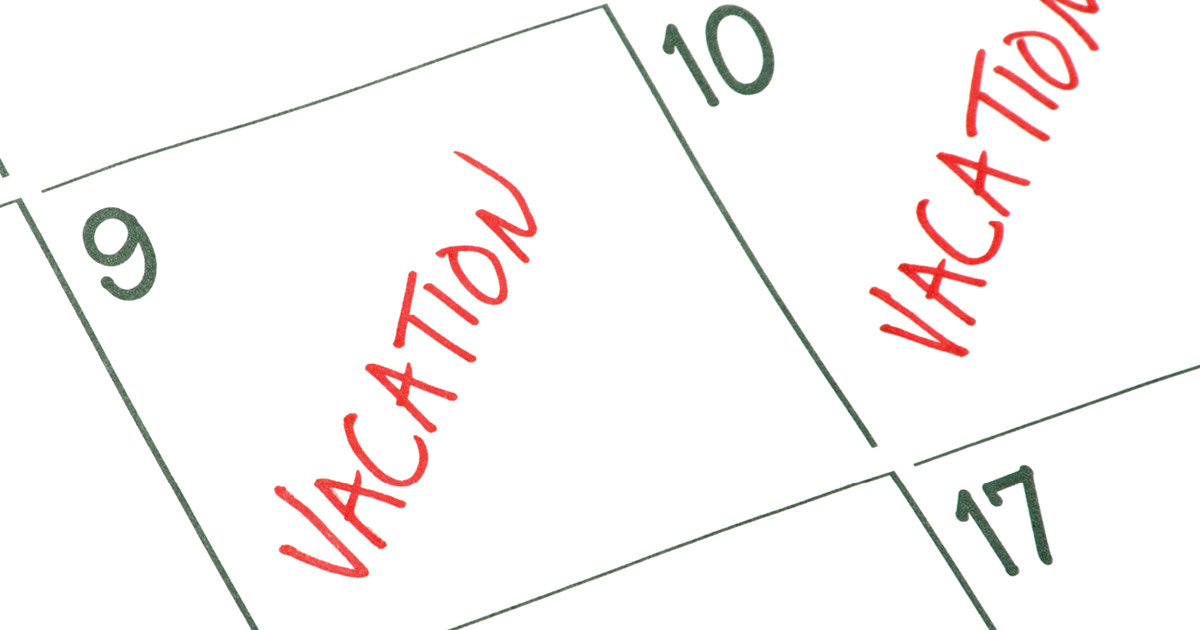A money market account is a great way to start putting money away towards any savings goal. Whether you have your eye on a dream wedding, an island vacation, a loaded side-by-side, or you just want to set aside cash in a rainy day fund, a money market account offers a great way to get started.
Let’s take a closer look at how to open a money market account, how it works, and why doing so is a smart move.
What Is a Money Market Account?
Money market accounts allow you to deposit and withdraw money as you would in a checking account but usually limit you to six transactions in a given month. In return, you earn a higher interest rate on your balance than you would in a checking and savings account.
Your savings are also usually fully ensured by the federal government, making it among the safest ways you can invest.
How Do I Open a Money Market Account?
Opening a money market account is as simple as opening a checking or savings account, but here are the key steps to follow:
1. Shop Around
It pays to shop around for a money market account. Financial institutions offer widely different money market rates, or annual percentage yields (APYs), on deposits. Also consider:
- Initial deposit: how much do you need to deposit when you open an account?
- Minimum deposits: What is the minimum balance required to maintain the account?
- Monthly maintenance fee: Are there monthly or annual account fees?
- Tiered interest rate: Do you earn more interest the more you deposit in the account?
Be sure to check whether deposits are insured by the FDIC (for banks) or the NCUA (for credit unions). If being able to visit a physical branch office is important to you, then consider joining a local credit union. Some, like Wasatch Peaks Credit Union, have deep roots in your area, offer more personalized service, and often have better interest rates.
2. Check Eligibility Requirements
Some banks, and many credit unions, may have eligibility requirements to join and open an account. These are usually very broad and may include that you live and work in a particular area, attend a certain school, or even simply worship in a given area.
3. Gather Documents
Once you’ve found a bank or credit union with a money market account you like, check about the documents you’ll need. Generally, these include:
- Proof of identity, such as a driver’s license or birth certificate
- A social security number
- A phone number
- Proof of a residential address
4. Complete an Application Form
You’ll need to complete application forms, either online or in person, to allow you to join the bank or credit union and open a money market account. You’ll usually be required to open and maintain a checking or savings account at the institution simultaneously.
5. Fund the Account
Once the account is set up you can fund it by depositing money or transferring it from another account. Consider setting up online banking to make it easier to move money into or out of your account and monitor your balance. Also consider setting up a direct deposit to allow your paycheck to be paid to the account or to have regular amounts transferred into it.
6. Watch Your Money Grow
Provided you maintain the minimum required deposits, you can now sit back and let your money do the work for you.
When Should I Open a Money Market Account?
Money market accounts are a good idea any time you have a small lump sum you want to set apart from your monthly budget. This stops you from inadvertently spending the money and allows it to accumulate interest, but you can always access your cash in an emergency.
Money market accounts make particular sense when federal interest rates are high. At times like this, they can offer an almost unbeatable combination of security and growth. They can also help to protect your money from the inflation that sometimes goes along with higher interest rates.
Alternative to Money Market Accounts
There are several alternatives available to modern market accounts, each with advantages and disadvantages:
- Savings accounts allow you to store money while keeping it as close as your debit card. While deposits are also fully insured, interest rates are normally low.
- CDs, or certificate accounts, allow you to invest money from a few months to several years at a fixed interest rate. While APYs can be good and deposits are insured, you’ll pay a penalty if you access your money early.
- IRAs let you safely invest money tax-free as you earn it, but you’ll be charged a penalty to access the money before you retire—although exceptions exist for money spent on education.
- Stocks, bonds, and mutual funds are complex investments that offer widely varying levels of risk and return on investment. Accessing your money can take days or even weeks and will usually involve taxes, fees, and penalties for early withdrawals.
Where Can I Open a Money Market Account?
There are a lot of advantages to staying local when you choose to open a money market account. Wasatch Peaks Credit Union has been helping Utahns build real wealth for decades while helping you afford the extras that let you make the most of our “Still Untamed” lifestyle.
A Wasatch Peaks money market account will put you on the path to your dreams while keeping money both safe and accessible. Our money market accounts offer:
- Fully liquid deposits, available anytime
- Up to six free withdrawals a month
- Tiered interest payments—the higher your balance, the higher your dividend
- NCUA-insured deposits
Talk to us about opening a money market account today, or click below to learn more.



